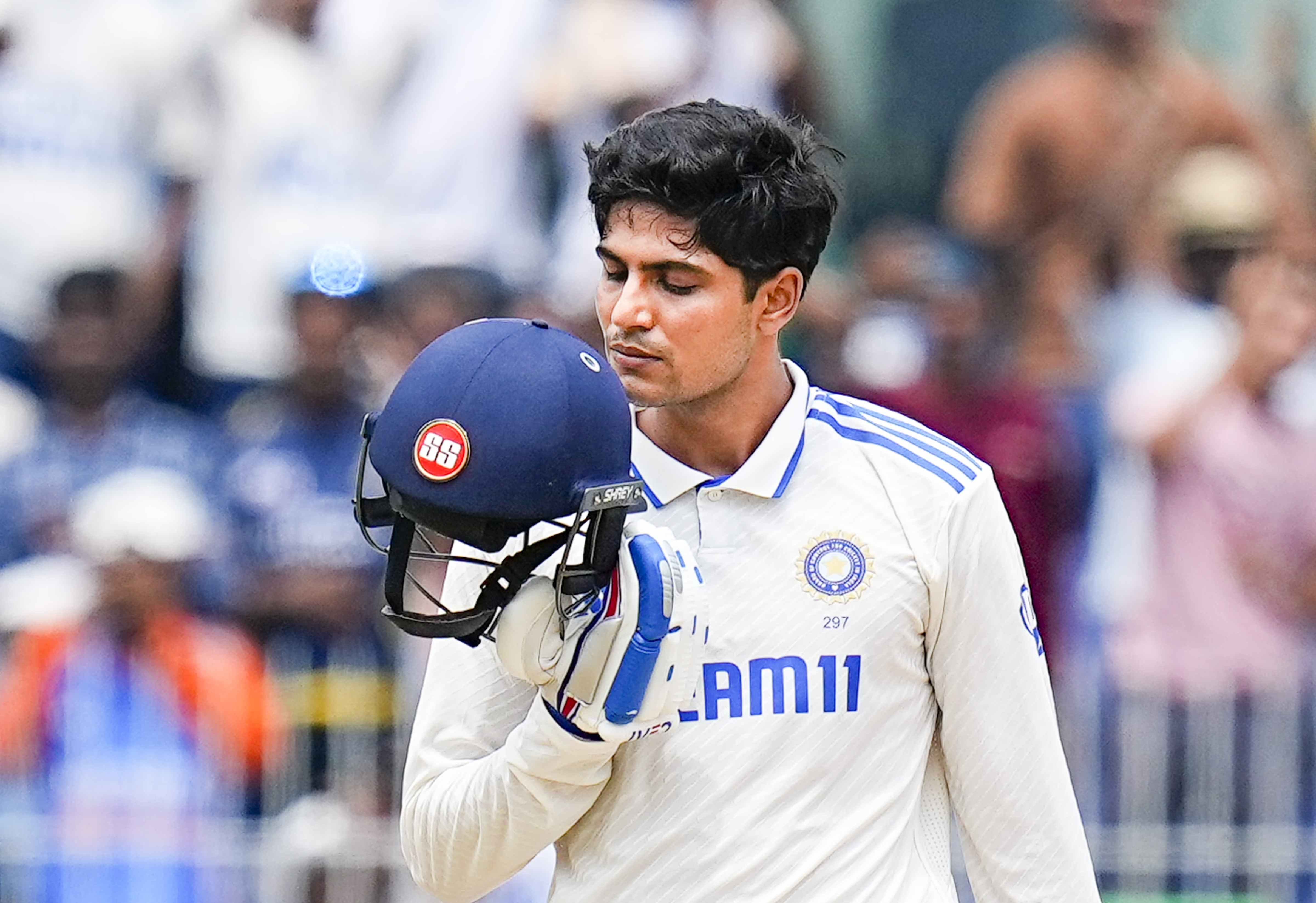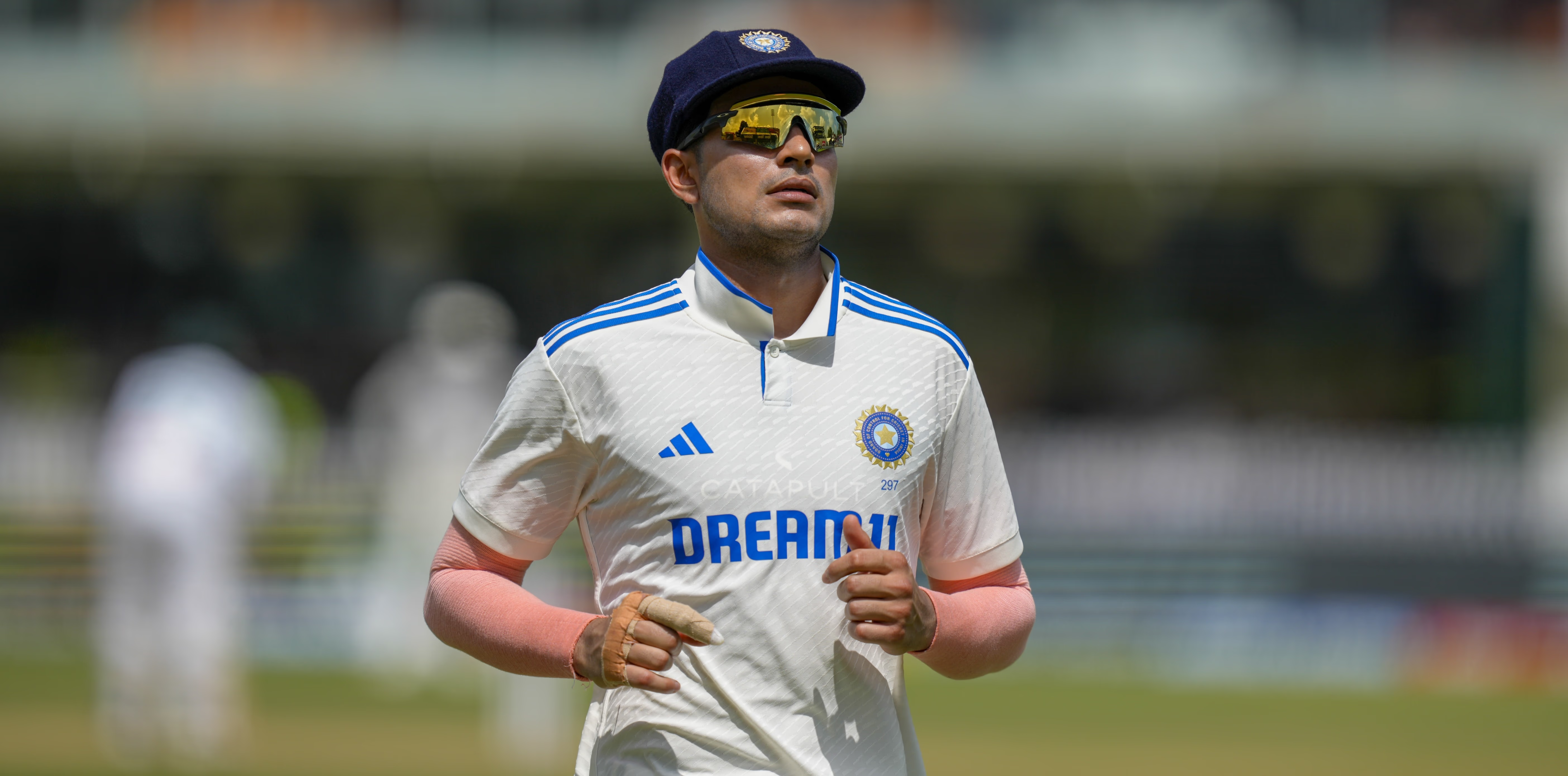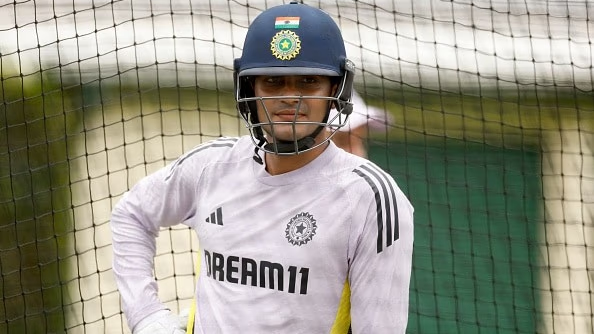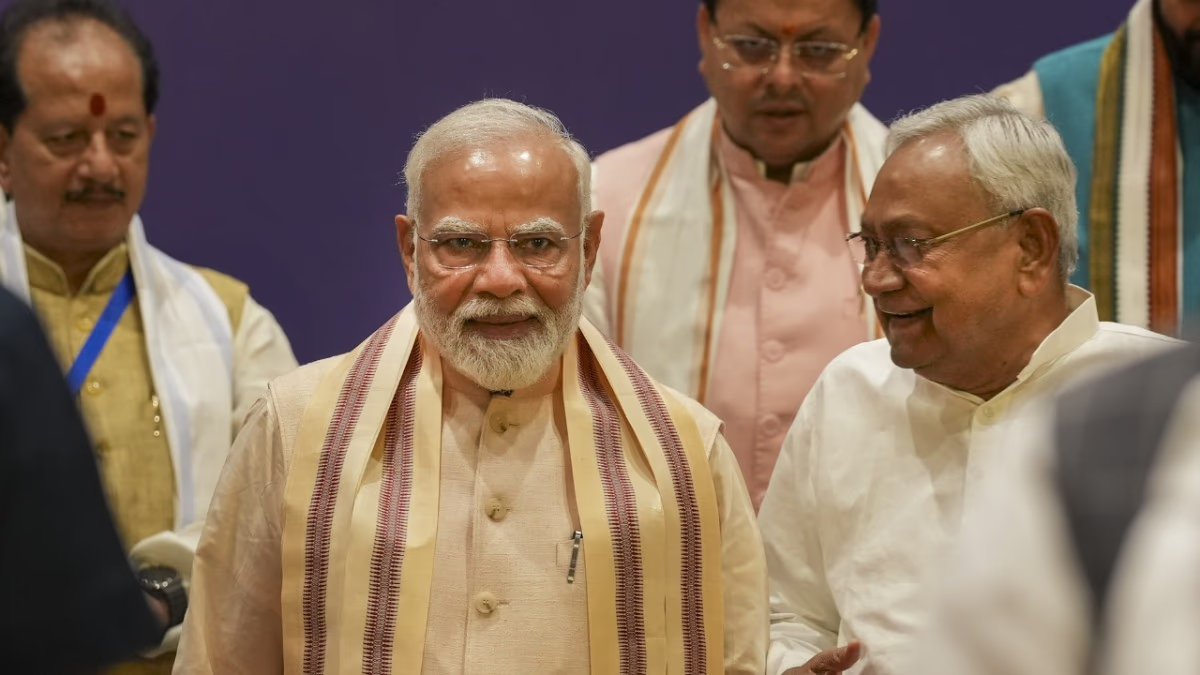India has seen its fair share of unexpected leaders, and now Shubman Gill emerges as the accidental captain of the cricket team in the 21st century.
Born not into leadership but thrust into it by circumstance, Gill finds himself at a crossroads reminiscent of many leaders who have risen unexpectedly. This tale suggests the right person was in the right place due to the ongoing mishaps in Indian cricket.
Lawrence J. Peter once noted that people rise to their level of incompetence, and it seems incompetence sought out Gill. An under-examined talent marred by inconsistencies, Gill’s potential leaves much to be desired.
Across 32 tests, his batting average stands at 35.05—the least impressive among India's top-order batsmen this decade. Whether compared to Virat Kohli, Cheteshwar Pujara, or Rishabh Pant, even Ajinkya Rahane boasts a superior average. Hanuma Vihari, mainly batting at lower orders, edges ahead with an average of 33.5.
In foreign lands, particularly within SENA countries (South Africa, England, New Zealand, Australia), Gill’s struggles manifest glaringly with a test average of 25.70. This surpasses Manoj Prabhakar’s 24.2 slightly, bringing to mind a player who predominantly batted lower orders. Shubman’s performances in England reveal scores of 28, 15, 1, 0, 17, and 4, prompting Geoffrey Boycott to jest that even his mother could perform better.

Source: aajtak
Yet, it’s not just records that hound Gill. His vulnerability to moving balls has been a feast for prolific bowlers. Over 18 innings within SENA nations, he’s been caught by keepers and in the slips multiple times. Cricket analysts highlight his inclination to play with hard hands early in his innings, especially his weakness against outswingers. Such flaws have forced him out of opening positions.
Where does he fit best in the lineup? Until he finds his niche, his batting order remains ambiguous. In a corporate setting, these struggles might have prompted a remedial program, but Gill appears to embody Peter's principle differently—being at the right place at the right time.
A captain on the edge can sink the entire ship. Gill, already burdened with proving his mettle as a batsman, faces the pressure of leading an inexperienced team. This venture is not only risky but has the potential to unravel the very fabric of the squad.
Perhaps Jasprit Bumrah should have led while Pant or KL Rahul understudied. Yet, the BCCI might have been swayed by Gill’s IPL performances, a tempting misdirection that history has seen lead others astray.
Gill’s elevation stems from the challenging circumstances Indian cricket currently endorses. Rohit Sharma’s form dwindled, sparking his retirement—the selectors wary of revisiting Kohli’s captaincy. Pant’s future dimmed after a tragic accident, and Rahul was sidelined from long-term plans. Collectively, the appropriate candidates found themselves misplaced.

Source: aajtak
As John Maynard Keynes put it, "In the long run, we are all dead," yet Gill’s ascension questions the integrity of Indian cricket’s short-term ambitions. With a captain neither in form nor technically reliable, something amiss lurks within the system.
The team shifts, with talent surfaces but inadequately polished yet durable. Noteworthy brief appearances in Australia by Yashasvi Jaiswal, and KL Rahul’s fluctuating performances, mirror the emerging tale in Indian cricket. The adaptability of Nitish Kumar Reddy proves promising in lower orders.
Even Bumrah teeters on a precarious fulcrum. Out of situational fortuity arrived most players on the England tour, including Gill. The untimely retirements and fitness woes meant many might’ve been sidelined otherwise.
This transition in leadership coincides with significant changes under Gautam Gambhir’s oversight in cricket operations. Ashwin abruptly retired amidst an Australian series, and Test cricket said goodbye to veterans Rohit Sharma and Kohli, who may have prolonged their innings.
The reshuffle extended to coaching staff and overlooked T20 leaders like Hardik Pandya, once branded as potential national captains. Underlying Gambhir’s reign, what transformed Indian cricket so radically in just half a year? Is he crafting a squad aligned with his vision or genuinely selecting India’s finest?
Gill’s sudden rise evokes memories from Indian cricket's past of inadvertent leaders, reminiscent of the era when Sunil Gavaskar retired, triggering frequent captaincy changes.
In the early 1990s, Krishnamachari Srikkanth assumed captaincy amid swirling uncertainties—possibly the previous century’s last accidental leader. A tricky decade ensued with commonplace players, team rifts, and match-fixing controversies. Relief arrived with Sourav Ganguly and Rahul Dravid, ushering an era reminiscent of HD Deve Gowda’s serendipitous prime ministership.
Suppose Gill overcomes doubters, transcending expectations rather than stumbling into obscurity. In that case, his leadership might transform into a fresh chapter for Indian cricket rather than extending transition woes akin to Krishnamachari Srikkanth.
(Sandipan Sharma, our guest author, enjoys connecting cricket, cinema, music, and politics, weaving narratives reflective of their interwoven dynamics.)




